
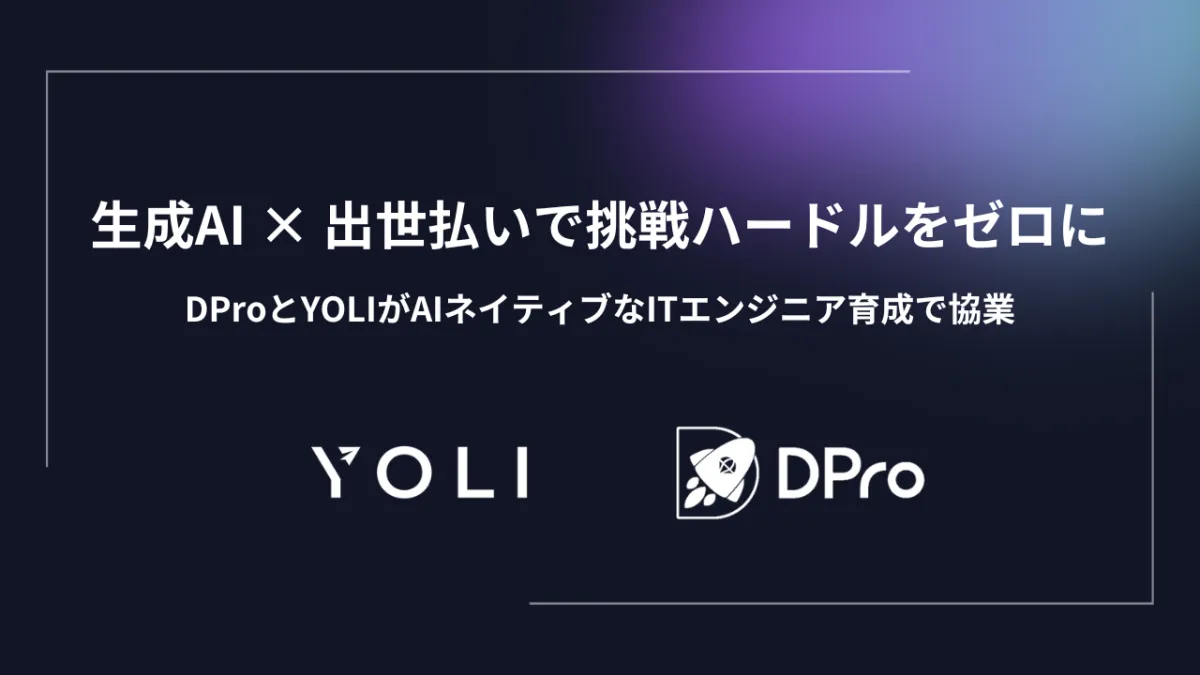
Overcoming Financial Barriers: YOLI and DPro's Partnership to Train AI Native IT Engineers
Breaking Down Financial Barriers Through AI and Income Share Agreements
In a significant partnership, YOLI Co., Ltd, based in Shibuya, Tokyo, has teamed up with DIVIC Co., Ltd, which operates the programming school DPro in Yokohama, Kanagawa. Together, they are launching a new course that integrates Income Share Agreements (ISA) into DPro's curriculum to train the next generation of AI native IT engineers. This collaboration aims to reduce the entry barriers for aspiring tech professionals.
Background of DPro and Its Impact on IT Education
DPro has already trained over 9,100 students, many of whom have secured jobs in prominent IT companies such as Fujitsu, Accenture, Rakuten, and ZOZO. As we transition into an era dominated by artificial intelligence, DPro is automating processes like FAQs, code reviews, and curriculum design. With its new course, DPro is focusing on making affordable programming skills accessible to everyone, including individuals in the Global South.
The Innovation of Income Share Agreements (ISA)
The ISA model offers a solution to alleviate the financial burden on students who might fear high upfront education costs. Under this model, students pay their tuition fees after they secure employment and based on their income level. This structure allows students to enroll without the fear of crippling debt, eliminating significant financial risk. The ISA approach fosters global adoption as it effectively increases educational access.
The Three Major Barriers to IT Reskilling
The Japanese Ministry of Economy, Trade and Industry (METI) estimates that Japan may face a shortage of up to 790,000 IT professionals by 2030, which could result in several trillion yen in lost opportunities annually. Currently, individuals seeking IT reskilling encounter three main barriers:
1. High Costs: With average programming school tuition rates around 500,000 yen and many young adults considering it a significant financial burden, it makes entering the field increasingly challenging.
2. Debt Burden: On average, 45% of young adults graduate university with approximately 3.45 million yen in student loan debt. This situation makes it extremely difficult for them to consider taking on additional educational loans.
3. Self-Study Challenges: Approximately 80% of individuals who try self-study drop out within three months due to various reasons, primarily a lack of support and resources, making successful reskilling elusive without financial backing.
The Synergy of AI and ISA to Lower Entry Barriers
To combat these barriers, DPro’s new course leverages two key models:
1. Using AI to Reduce Learning Costs: By using AI technologies to automate FAQs and code reviews, DPro can significantly lower operational costs, offering high-quality education at a more accessible price.
2. ISA to Mitigate Financial Risks: Students pay for their education only after graduating and once their income exceeds a set threshold. This model ensures that should any personal hardship arise—such as illness or unemployment—the student is not forced into debt repayment, thus allowing them to focus on their education and career.
By combining income share agreements with AI-driven learning resources, the program creates a strong incentive for both the students and the school to succeed together. This bi-directional commitment aligns the school's success with the students' career achievements, reinforcing their motivation to complete their education.
Future Plans and Expectations
YOLI and DPro aim to launch the new course by year-end, and they will share updates as their collaborative project progresses. With this initiative, they aspire to make the tech reskilling pathway more accessible, breaking down the barriers of affordability and opportunity for aspiring IT professionals.
Conclusion
As educational institutions look to adapt to changing times, the partnership between YOLI and DPro represents a promising framework that could reshape how technology education is financed and delivered. Income Share Agreements, in conjunction with artificial intelligence, could very well provide the pathway toward a more equitable future in the tech industry.
For more information on DPro and ISA, please visit their respective websites: DPro and YOLI.
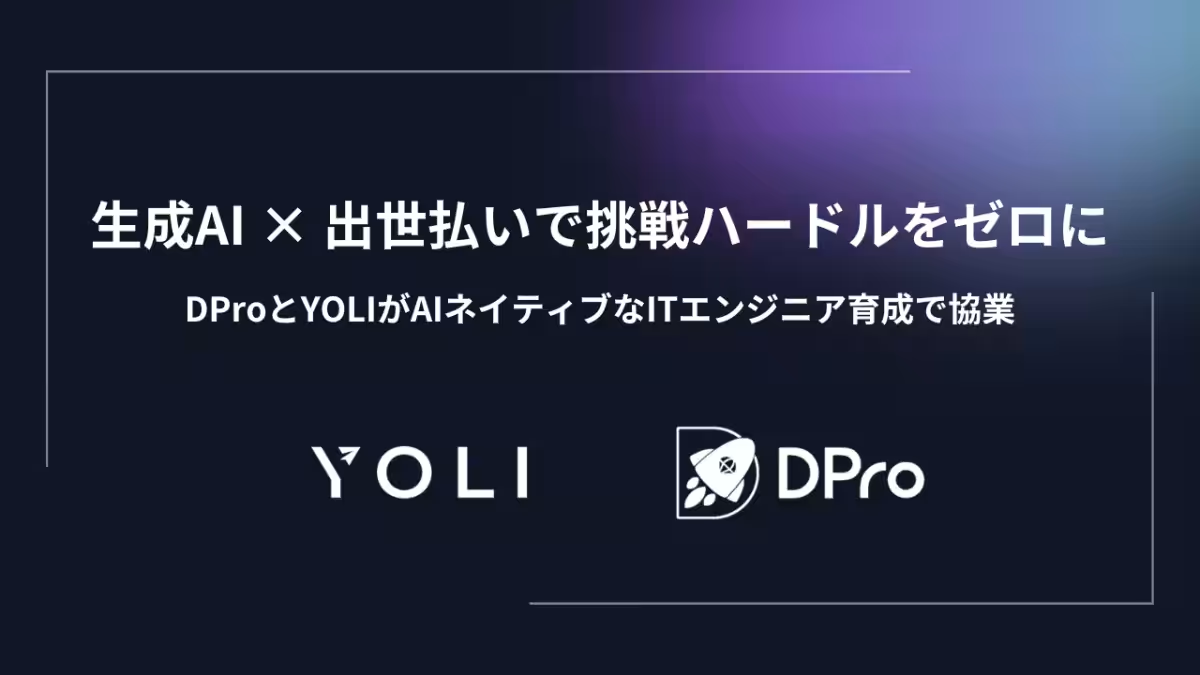
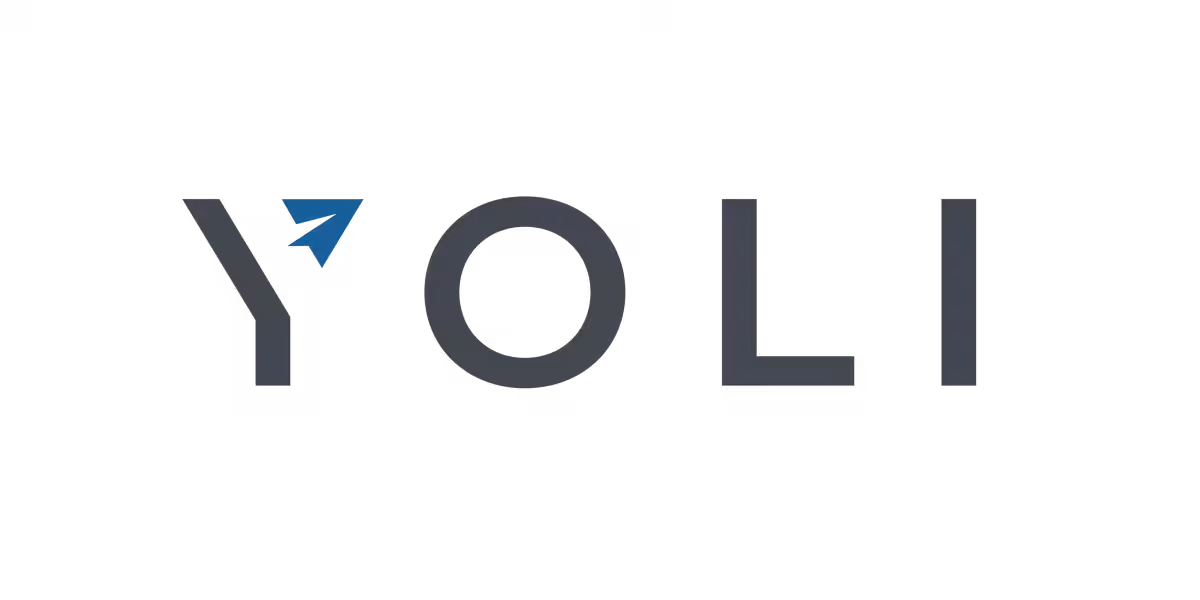
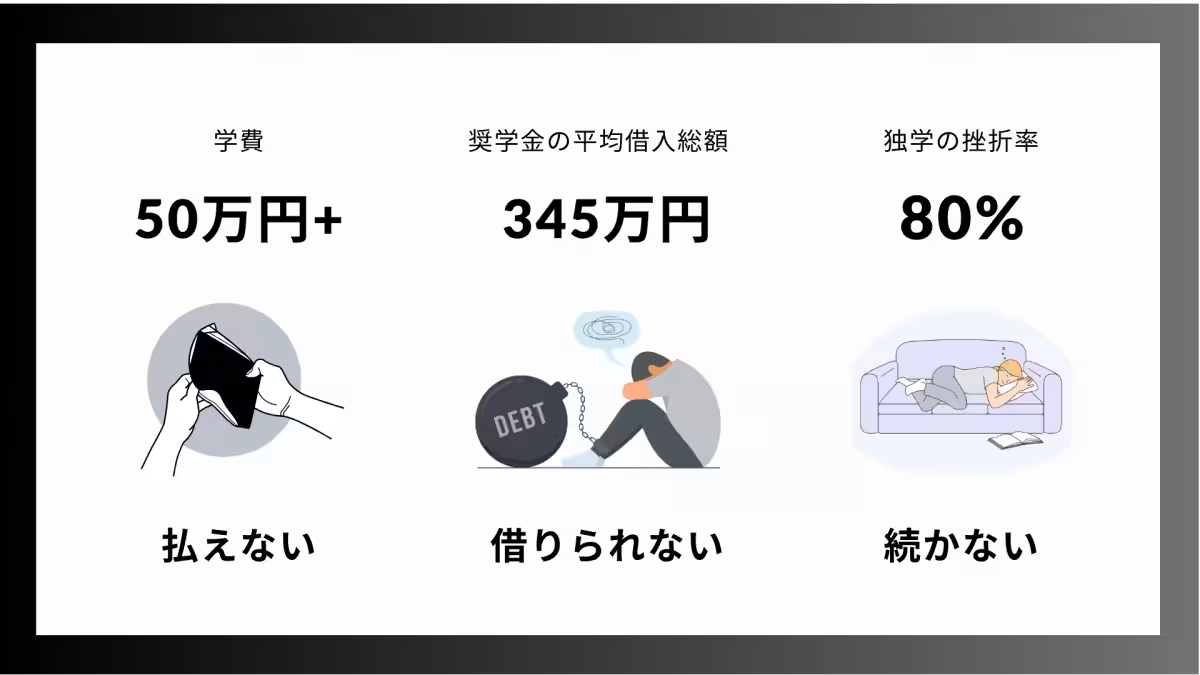
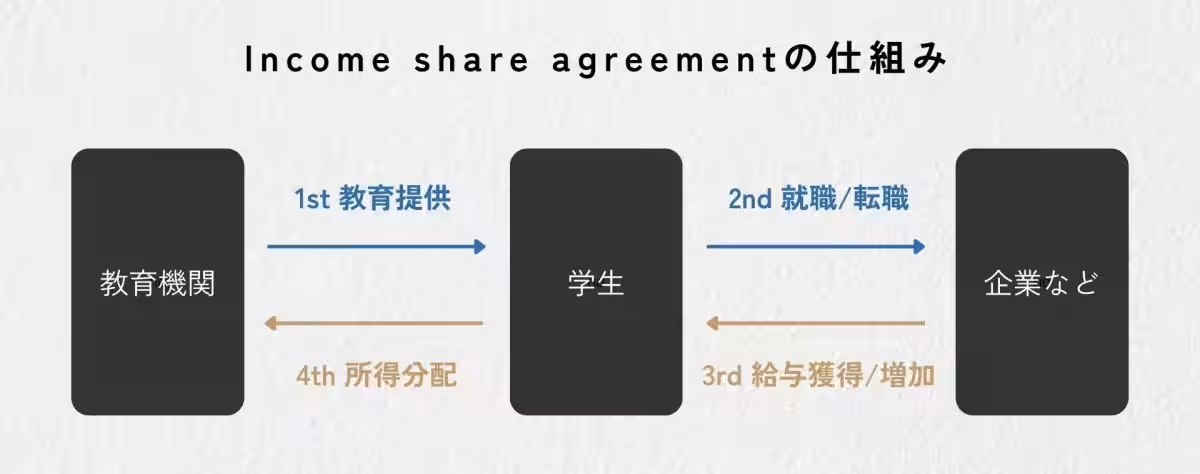
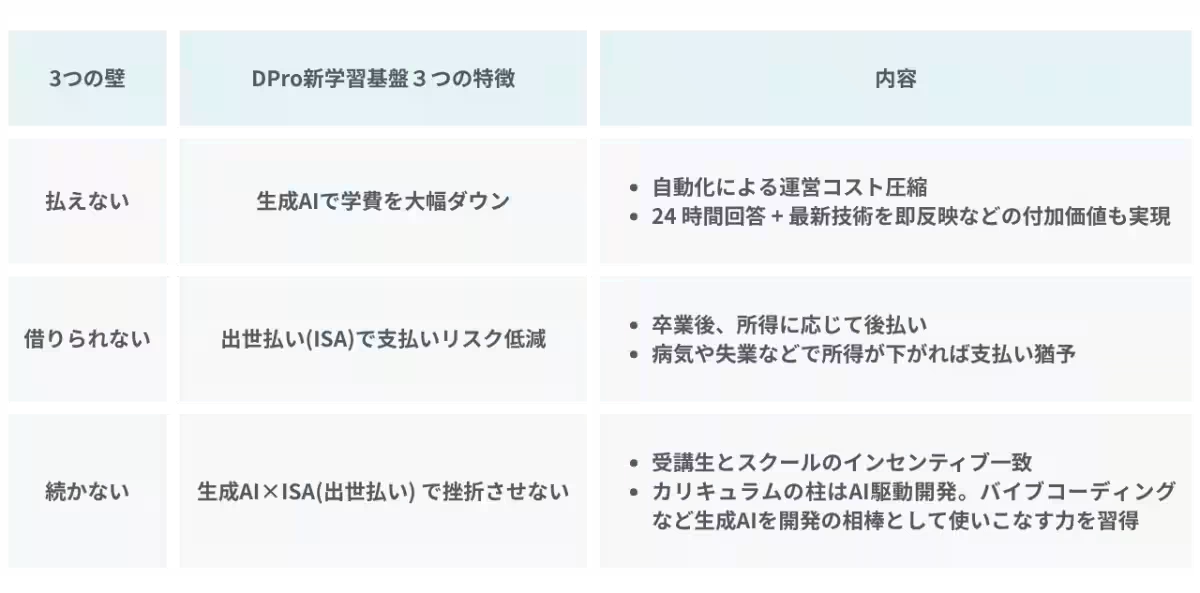
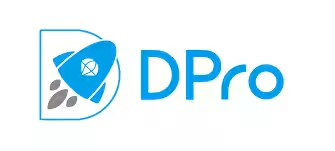

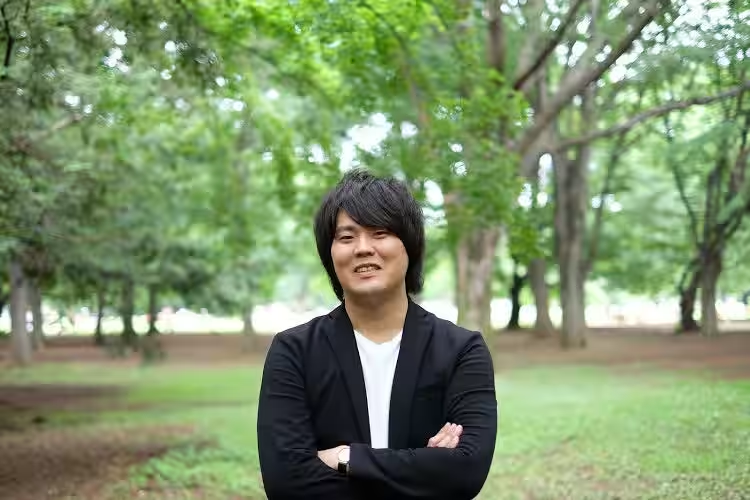
Topics Consumer Products & Retail)










【About Using Articles】
You can freely use the title and article content by linking to the page where the article is posted.
※ Images cannot be used.
【About Links】
Links are free to use.